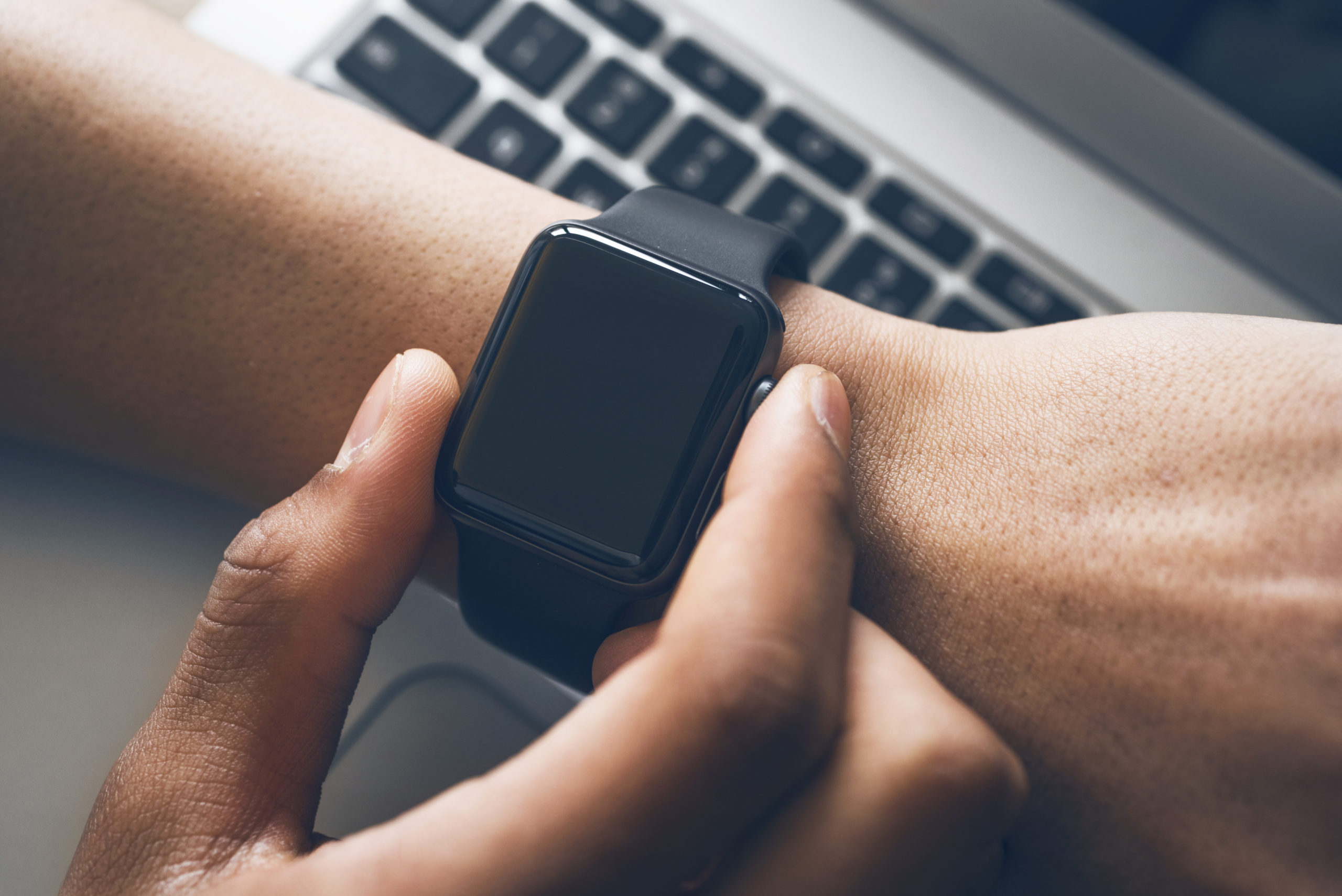Modern technology can serve many purposes. And one of the more surprising uses we’ve been hearing about concerns popular “wearable” devices, such as the Apple Watch or the Fitbit. Apparently these gadgets are gaining popularity among heavy drug users, as a way to monitor heart rates during cocaine binges. Clearly this is far from their intended purpose and doctors are warning that they shouldn’t be used as guides to prevent an overdose.
This latest trend actually came to light on the social media network, Reddit (which we’ve covered in previous blogs). An anonymous online forum where users can express themselves freely, Reddit has been overflowing with message boards covering this particular topic. So much in fact, that the popular news site CNBC covered the story on their homepage.
The way the wearables trend works is, users begin indulging in stimulants (such as cocaine) while synchronizing their Apple Watch or Fitbit. Heart rates are then monitored throughout the night and if the number rises above 150, they know it’s time to abruptly stop.
While “in theory” that sounds like a saving grace for those who are addicted to stimulants, these wearables are often inaccurate and should not be held accountable for keeping your heart rate in check. As several medical professionals told the site, this type of behavior is dangerous and can create a false sense of security. It also may lead people to increase their habit.
“Taking drugs is always a risk, whether you’re monitoring a tracker or not,” UC San Francisco cardiologist Ethan Weiss told CNBC. “It’s possible this is leading people to do more cocaine.”
Indeed, heart attacks are a common link with cocaine overdoses. Per CNBC’s data, the drug is responsible for more than 5,000 deaths each year.
Several anonymous Reddit users were also interviewed for the piece and still feel confident in letting their wearables be their guide. A user by the name of Owen told the site that Fitbit is his tool of choice. He added that, via Google, he was able to get accurate reads of what normal heart rates should be and which numbers are the most alarming.
“If someone says, ‘Let’s do a line,’ I’ll look at my watch,” Owen explained. “If I see I’m at 150 or 160, I’ll say, ‘I’m good.’ That’s totally fine. Nobody gives you a hard time.”
We, for one, side strongly with the medical professionals. While it is somewhat admirable to be thinking about your heart rate before indulging into an addiction, these wearables are not the answer. Their inaccuracies can be extremely dangerous (and potentially deadly). Our recommendation has always been To Seek Help First.







